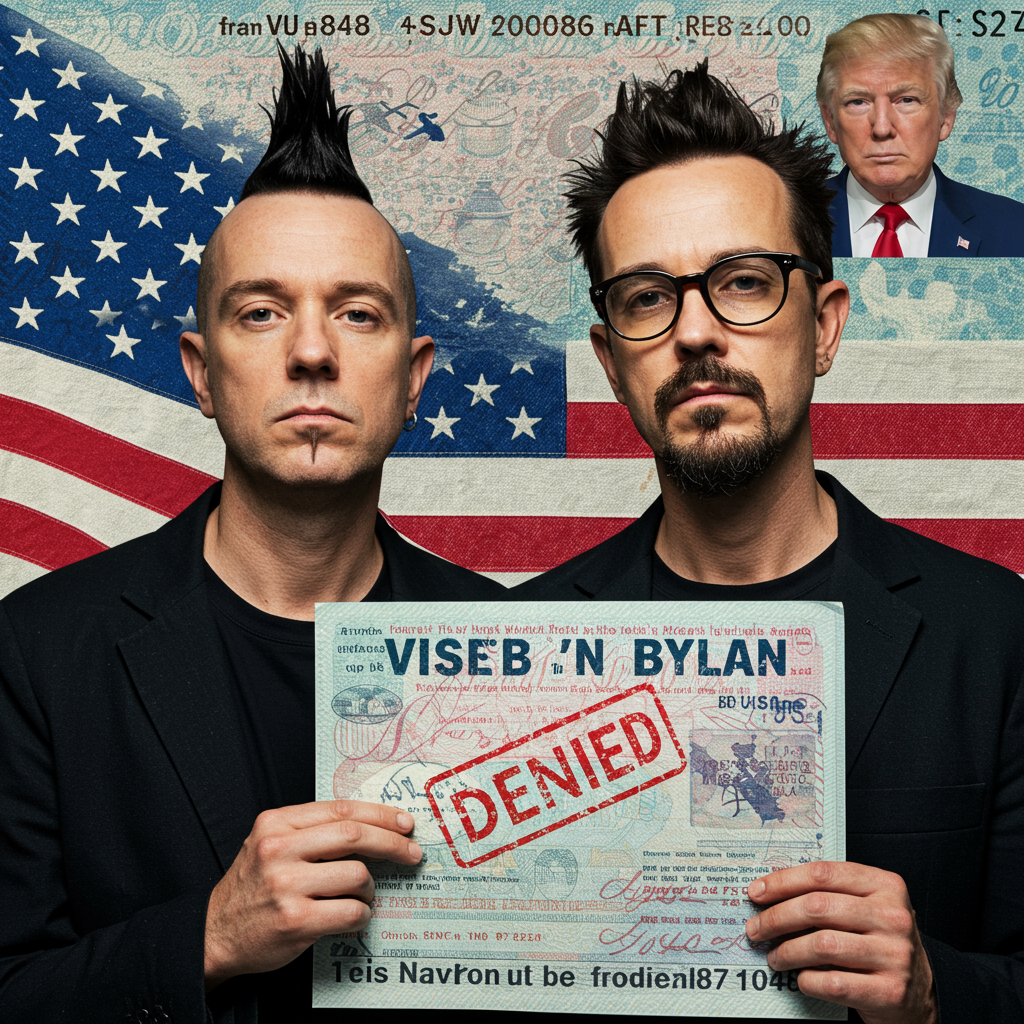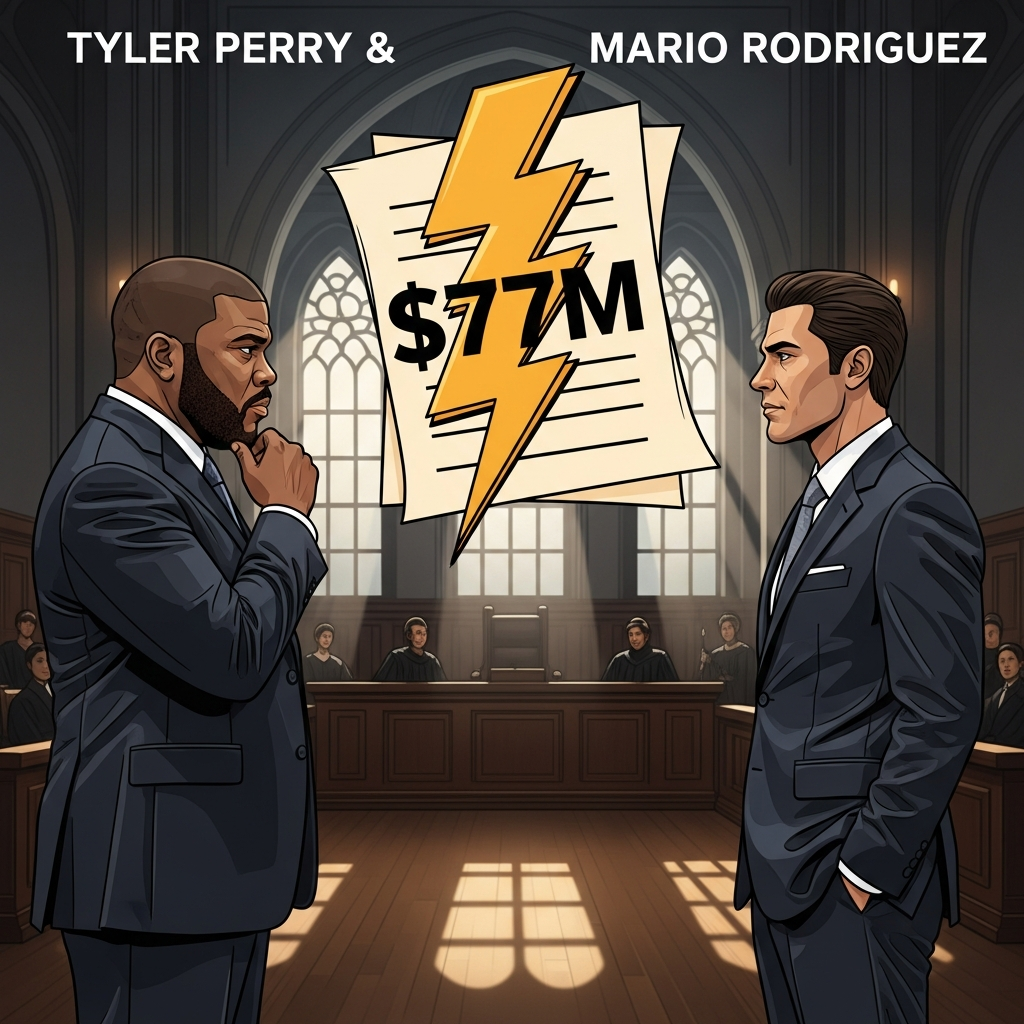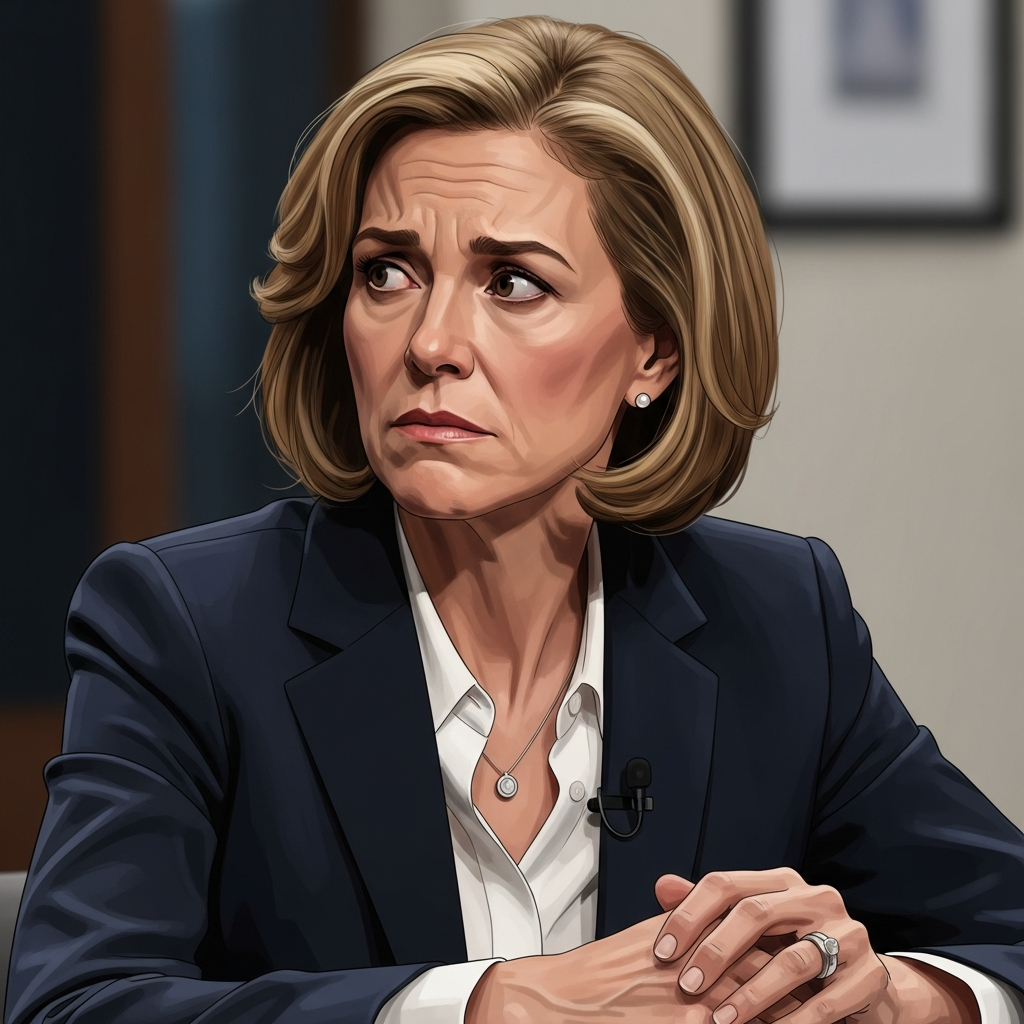The U.S. government recently made headlines by publicly revoking the visas of British punk-rap duo Bob vylan. This action, announced openly on social media, appears to mark a departure from the typical confidentiality surrounding visa decisions. Experts suggest this public disclosure signals a deliberate strategy by the Trump administration. The aim seems to be using visa actions to make a political point. This approach contrasts sharply with established privacy norms.
Bob Vylan’s Visa Revocation: The Incident
The controversy centers on Bob Vylan’s performance at the Glastonbury Festival in England on June 28, 2025. During their set, frontman Bobby Vylan reportedly led the audience in chants of “Death to the IDF.” The Israel Defense Forces are the focus of this chant. Following the performance, British police initiated an investigation into whether a crime was committed. The band, known for tackling political themes like racism and class, denied accusations of antisemitism. They released a statement claiming they were being “targeted for speaking up” about the conflict in Gaza.
The U.S. State Department swiftly reacted. Deputy Secretary of State Christopher Landau publicly announced the visa revocations. He posted a message on social media. Landau cited the band’s actions at Glastonbury. He called their chant a “hateful tirade” and “death chants.” This immediate, public condemnation and action stood out.
Repercussions for the Band
The U.S. visa ban was just one consequence for the duo. Bob Vylan was removed from the lineup of the Radar festival in Manchester. They were scheduled to headline the Saturday slot there. The band also faced cancellation of a performance in Germany. Despite these setbacks, they were still expected to perform at the Boardmasters festival in Cornwall in August. The BBC also faced criticism for livestreaming the controversial Glastonbury performance. A BBC spokesperson later apologized. They described the chants as “unacceptable.” They opted not to include the performance in further coverage.
Traditional US Visa Privacy
Under U.S. law, visa applications and decisions are generally confidential. The Immigration and Nationality Act contains provisions ensuring this privacy. Related statutes concerning government document privacy also apply. For years, the State Department has maintained this confidentiality. They have typically refused to discuss specific cases publicly. This practice protects individual privacy. It also prevents potential diplomatic complications.
Exceptions to this rule exist. For instance, information about foreign officials or their families can be released. This applies when they are found ineligible for entry due to corruption or human rights violations. These specific exceptions are clearly defined. They differ significantly from the broad public announcement seen in the Bob Vylan case.
A Shift Under the Trump Administration?
The public handling of the Bob Vylan visa revocation suggests a potential shift. The Trump administration has pursued a nationwide focus. They are targeting visa holders believed to have engaged in antisemitic or pro-militant behavior. The standard for releasing previously private information seems to have relaxed. This appears particularly true when the administration wants to send a public message.
State Department spokeswoman Tammy Bruce addressed the public announcement. She confirmed it was intentional. “Foreigners who glorify violence and hatred are not welcome visitors,” Bruce stated. She explained a key reason for the public disclosure. It was meant to make clear the standards applied to visa holders and applicants. “We’ve been public about that standard,” she said. “This was a very public event that violated that very basic standard.” She emphasized that the administration was serious about controlling who enters the country.
Broader Crackdown Context
The Bob Vylan case is not isolated. It fits into a pattern of increased scrutiny. Earlier, Secretary of State Marco Rubio had announced rescinding at least 300 student visas. These were for foreign students accused by the administration of pro-Hamas, anti-Israel, or antisemitic activity. While many of these cases were not publicized individually, some did surface.
One notable public case involved Rumeysa Ozturk. She was detained in Massachusetts. This followed her opinion piece critical of Tufts University. Her piece discussed alleged Israeli actions in Gaza. U.S. officials reportedly revoked her visa due to potential “adverse foreign policy consequences.” While the reasons cited vary slightly, both Ozturk’s case and the Bob Vylan incident highlight visa actions taken based on perceived political stances or speech.
Historical Ideological Exclusion
The practice of denying entry based on ideology is not new in the United States. It has a long history. It has been used for decades as a political tool. The goal was often to shield U.S. audiences. It aimed to keep them from exposure to dissident viewpoints.
During the Cold War, this practice was particularly common. The U.S. government denied visas to many intellectuals, writers, and artists. This was done if they were thought to promote Communism or other “subversive” views. A 2020 report from human rights group Amnesty International discussed this history. It described ideological exclusion as a way to limit exposure to differing opinions.
High-profile historical examples exist. Actor Charlie Chaplin had his re-entry permit revoked in 1952. This happened during the Truman administration. There was also an unsuccessful attempt to deport Beatles singer John Lennon in the 1970s. These historical precedents show a recurring tension. It’s a tension between immigration control and freedom of expression. The Bob Vylan case revisits this complex issue. It highlights the administration’s willingness to link visa status directly to public statements, particularly regarding sensitive political topics.
Implications of Public Visa Decisions
The public nature of the Bob Vylan visa revocation carries potential implications. It signals a proactive stance by the U.S. government. They are willing to bypass traditional privacy norms. This happens when they perceive a need to visibly enforce their standards. This could serve as a deterrent. It might discourage foreign individuals from expressing views the administration deems unacceptable. This is especially true for views related to sensitive geopolitical issues.
However, this approach also raises questions. Does it set a new precedent for how visa decisions are communicated? Could it chill free speech among foreign nationals planning to visit the U.S.? The balance between national security interests and the free exchange of ideas is delicate. The Bob Vylan case puts this balance under scrutiny. It suggests that expressing controversial political views, even abroad, can have immediate and publicly announced consequences for U.S. travel eligibility. This specific case, made public via social media, marks a potentially significant shift in transparency surrounding visa actions.
Frequently Asked Questions
Why were Bob Vylan’s U.S. visas revoked?
The U.S. government, specifically Deputy Secretary of State Christopher Landau, stated the visas were revoked due to the band’s actions at the Glastonbury Festival. The band’s frontman led chants of “Death to the IDF.” Landau described this as a “hateful tirade” and “death chants.” The revocation was presented as enforcing standards against “foreigners who glorify violence and hatred.”
How does the Bob Vylan case differ from typical visa decisions?
Traditionally, visa decisions, including denials and revocations, are kept confidential. This is mandated by U.S. privacy laws and policies like the Immigration and Nationality Act. The Bob Vylan case was notable because the U.S. government publicly announced the revocation. This was done via social media by a high-ranking State Department official. This public disclosure is an apparent departure from the standard private handling of such matters.
Has the U.S. restricted entry for political reasons before?
Yes, the United States has a history of restricting entry based on political views. This practice is known as “ideological exclusion.” It was used extensively during the Cold War against individuals perceived as promoting communism or “subversive” ideas. Notable historical examples include denying re-entry to actor Charlie Chaplin in 1952 and attempting to deport musician John Lennon in the 1970s. Human rights groups have documented this historical use of visa policy as a tool to control exposure to dissident viewpoints.
The public revocation of Bob Vylan’s visas highlights a potential strategic shift in U.S. policy. By making the decision public, the Trump administration appears to be leveraging visa actions as a visible means to enforce its standards. This contrasts with traditional confidentiality. The case raises important questions about the balance between national security, freedom of speech, and the privacy of visa status in an era of heightened political tensions.




